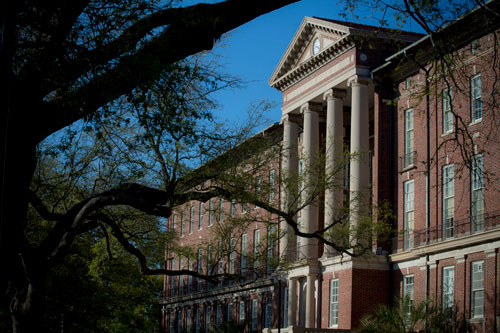An undergraduate major in economics is ideal preparation for work on a master of business administration (MBA) degree leading to a career in management. Most graduate business schools encourage students to take at least some undergraduate economics courses. In fact, many of the best business graduate schools prefer students with the sort of broad liberal arts background which an economics major provides.
A large part of the content of an MBA program is based on economics. Economics provides the theoretical background for business courses. In the competition for grades in such a program, there is an advantage in already being familiar with the main ideas of economics. Furthermore, an MBA program emphasizes making good business decisions. One important approach to such decisions is through economic reasoning. It is certainly helpful to have some skill in this sort of thinking as an undergraduate.
If you plan to be a lawyer, an economics major offers excellent preparation. Many law schools believe that economics represents one of the best backgrounds for the study of law because it takes a logical, ordered approach to problems. Specific courses recommended for pre-law students include intermediate economic theory, government in the economy, public finance, industrial organization, and law and economics.
Graduate training in public policy or public administration, as a preparation for governmental career in policy analysis, also requires a strong economic background. Virtually every public policy issue has an economic dimension, so economics majors have a head start in such programs.
Job opportunities are also good for economics majors who don't go on to graduate school. Governments-federal, state, and local-employ economists in many roles. Private business firms, especially banks and other financial institutions, employ economics graduates to analyze economic conditions, forecast sales, and do non-specialized work in sales and management. Students with a strong background in economics and at least one foreign language may have some exciting opportunities with multinational corporations.
Numerous economists with graduate degrees are employed in international agencies that do development planning and policy studies, such as the Agency for International Development, and development planning and policy studies, such as the Agency for International Development, the United Nations, and the U.S. State Department. Economists are also employed in domestic agencies of the federal government, such as the Federal Reserve, the U.S. Treasury, the Bureau of Labor Statistics, the Federal Trade Commission, and many others. Finally, many economists do private research, working as consultants to corporations and government agencies.

